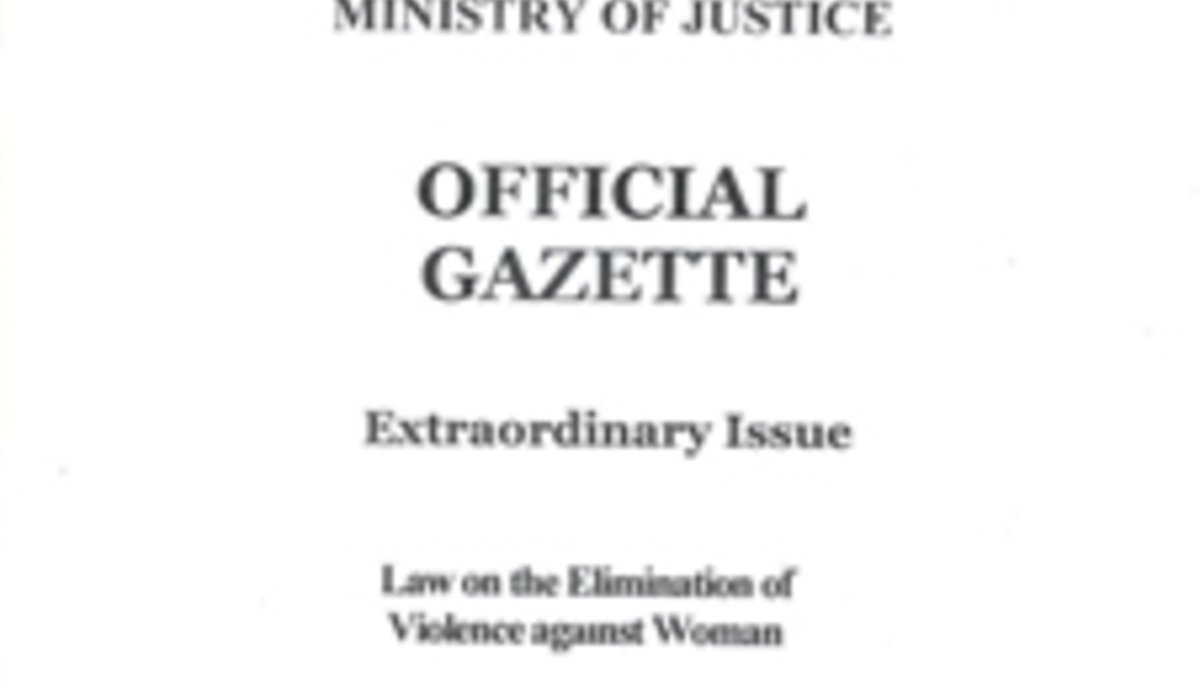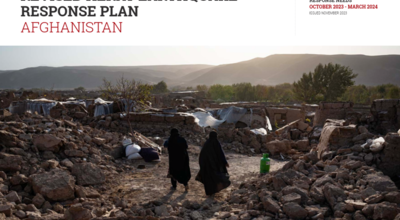Points of view in Afghanistan on Ulema Council's statement on women
KABUL - The Ulema Council of Afghanistan issued a statement on 2 March 2012, which condemned desecration of Quraan by American military at Bagram Base and discussed issues of transfer of prisons to Afghan security forces by the international military, night raids and peace and reconciliation process.
The statement also gave directives for women including the need “to refrain from interacting with stranger men in various public places such as offices, schools and universities and shopping centres.” It also asks women “not to travel without a close male relative.” The statement also calls on women to “respect the right of men to polygamy”. The statement, quotes verses 1 and 34 of Suraah Nissa (Quranic chapter) regarding creation of human beings, and states: “In creation men are the main subjects and women are a subdivision, therefore men have an overriding position towards women.”
There are different viewpoints in Afghanistan as to how this Quranic chapter could be interpreted. There are also points raised about the position of women in the Constitution of Afghanistan, which gives equal rights to women: Article 22 of Afghanistan’s Constitution states: “The citizens of Afghanistan—whether woman or man—have equal rights and duties before the law.”
UNAMA has asked a variety of opinion in Afghanistan as to their assessment of the Ulema Council statement. This is work in progress and more viewpoints would be reflected in our future reports. It is worth mentioning that none of the views documented here do not reflect UNAMA’s position.
Zia Mobaligh, Rights and Democracy
First verse of Suraah Nissa (Quranic chapter) discusses the creation of human being, which has been interpreted differently. Majority of religious scholars have interpreted that there is no difference in creation of man and women and both are created from the same substance. Their interpretation strongly rejects the interpretation by the Ulema Council of Afghanistan that woman is a subdivision of man.
Referring the 34th verse of Suraah Nissa, which discusses roles of man and women, has also been interpreted in different ways. The interpretation that man is superior to women in the family and society is one of the interpretations. Other interpretations emphasize that man has been given more responsibilities to fulfill the economic needs while there is not any superiority from the perspective of gender.
The third point is that when we give such a statement, we have to take into consideration the specific context of Afghanistan. In a society, where violence against women is prevalent and many women faced heartbreaking physical tortures such as cutting nose, ear and fingers, such an interpretation would definitely not help to end violence against women. Ulema should preach on those verses of Quraan that stress love and affection and equal rights among men and women in the family and society.
The statement of Ulema Council concerning issues of women is not acceptable also because it contradicts the Afghan Constitution, which was developed through widespread consultations with renowned religious scholars and protects the rights of women in Afghanistan.
Dr. Suraiya Sobhrang, Commissioner Afghanistan Independent Human Rights Commission (AIHRC)
The Ulema Council of Afghanistan is an advisory body and its major responsibility is raising awareness on religious matters in the society. We live in a democratic country and every institution in it has their specific responsibilities. Before a decision becomes applicable, it should go through relative institutions and proper processes to become an applicable law.
The statement has political objectives, probably aimed at showing flexibility to the Taliban or the groups with whom reconciliation is being made. We are not against reconciliation but it should not compromise on the Afghan Constitution, achievements of last 10 years and values of human rights.
The statement is regressive as it limits freedom of women in certain ways. It limits women to work in any field of life - economic, social, cultural and political. It is inapplicable because if it becomes a law, the Government would need to set up separate facilities for women i.e. schools, colleges, shopping centres for which huge resources would be needed. In other case, women would sit at home.
Fawzia Kofi, Afghan Parliamentarian and Women Activist
The statement of Ulema Council has political objectives. It does not have legal status because the Afghan Constitution has guarantees the rights of women and defines a framework within which women can engagement in political, economic and cultural activities. Afghanistan is politically going through a critical situation and such a statement in this critical time implies preparing ground for a Taliban mindset.
This is the beginning of a process to bring extremism in Afghanistan. There are many bright minded religious scholars who completely do not subscribe to the view of Ulema Council.
The statement of Ulema Council discusses the non-issues. You can see in all Islamic countries, the work environment of men and women are similar. We should learn from the Islamic and regional countries. Afghan Government should implement Afghan Constitution, state laws and international conventions.
The statement does not have any legal status but in a country where literacy is very low and poverty and unemployment is high, this could affect the thinking of common people.
Zilh Rehman, Professor of Kabul University
God Almighty has clearly stated in Quraan that you are created from man and women. Therefore man and woman are equal from the perspective of creation and none has been given priority over the other. It is very difficult to say that woman is the subservient of man.
Similarly, education is the fundamental right of women and if they are fulfilling the requirement of Sharia, they can get education in the schools and universities; no one can deprive them from their rights. Haadith quoting the Prophet of Islam (PBUH) says that men should have pleasant behavior with women. They should give the women same food which they eat and give them the same cloth which they wear.
In Islam the rights of women are clear like day light and there is no confusion about it. They can acquire education, they can work and they have full liberty to go out without a man to do shopping for their needs. There are shortcomings in the implementation of rights of women from the perspective of Islamic Sharia. The need is for taking better advantage from implementation of Sharia laws.
Women are working alongside man in Afghanistan for long time. As far as my age goes, I witnessed them working together with men in all field of life and there has not been any issue. I don’t understand why such a statement is coming now. Is Islam something new to Afghanistan or it has always been there?
Read the recent statement of UNAMA and UN Women on implementation of Elimination of Vilolence Against Women in Afghanistan: UN Calls for full and speedy implementation of the Law on Elimination of Violence Against Women
 UN
UN








